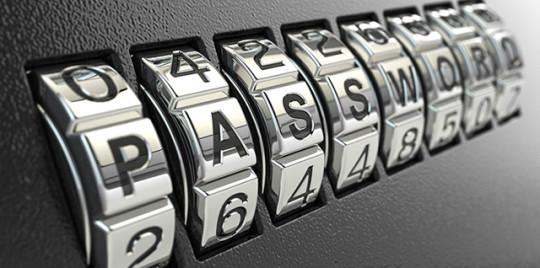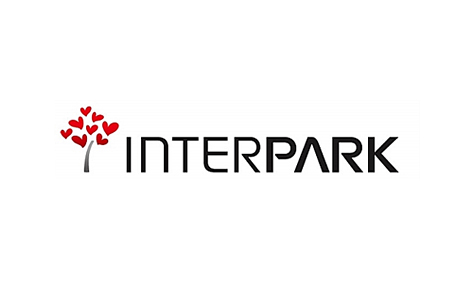
Customer details such as passwords need to be stored in databases, but what happens when these get hacked? 8Tracks radio service recently found out.
Following a breach of the security around their user data, 8Tracks had the rather unenviable task of announcing a major password security alert. And, seeing as this had the potential to affect 18 million users who are signed up to the service, it demonstrated the fragility of cyber security when it’s not enforced to the letter – as Tumblr found out last year.
The reasons behind this breach are incredibly simple, but the impact of such a breach has the potential to cause major damage for millions of users. It’s a cautionary tale and one which can provide an important lesson to learn.
How were 8Tracks Users Hacked?
8Tracks suspect that their databases were breached following a cyber-attack on one of their employee’s Github accounts – an online storage facility for open source programming code. Github offers two-factor authentication, but, in this instance, the 8Tracks employee didn’t activate this which left them at a slight disadvantage to hackers. And, following an alert from Github that this account had been subject to an unauthorized password change, it became clear that access to 8Tracks networks had also been compromised.
It’s believed that access to prime databases and production servers were not at risk as they were protected by SSH keys which involve sophisticated cryptography and challenge-response authentication. However, the backdoor left open by the 8Tracks employee did expose back up databases which contained email addresses and passwords for 8Tracks users. The passwords, thankfully, were encrypted using salt and hash methods – these techniques make passwords very hard (but not impossible) to crack.
Although it would be highly difficult to hack these salted and hashed passwords through brute force techniques, the very small chance of success was a major headache for 8Tracks. As a result, they had to advise all their customers who had signed up with an email address – those signed up through Facebook and Google authentication were not affected – that they had to change their password immediately. 8Tracks themselves then had to secure their employee’s Github account, change passwords for their own backup systems and restrict access to their repositories.
What’s the Impact of the 8Tracks Hack?
It may seem as though the 8Tracks hack is all done and dusted now that users have been advised to change their passwords and the 8Tracks system secured accordingly, but there’s a further problem. For the 18 million users affected, it’s more than likely that a large number of them use the same email address and password to sign into countless services such as Facebook, online banking and even to access their organizations systems, so these are now at risk from unauthorized access.
And this is why it’s so important that password security is taken seriously. Many organizations are now turning to online password storage facilities such as LastPass which provide highly encrypted systems to store the many passwords that your employees may need on a day to day basis. Not only should you consider using systems such as this, but if you’re offered the chance of using two-factor authentication, it should be a no-brainer that you activate this immediately to create stronger defenses for your data.
For more ways to secure and optimize your business technology, contact your local IT professionals.
Read More








